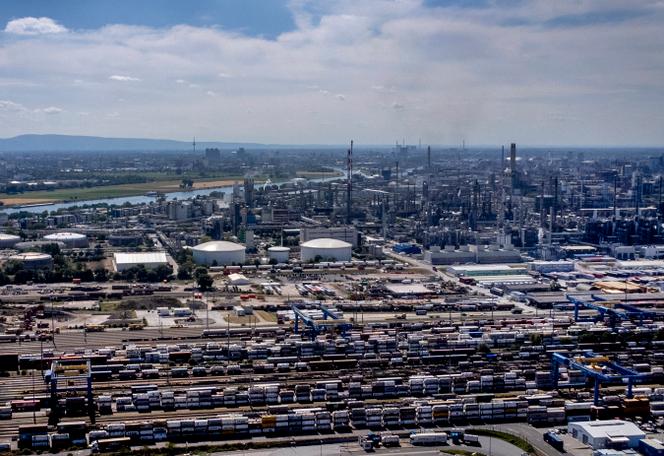


Although it is not on the public's radar, the difficult world of chemical regulations is at a turning point – and perhaps a historic one. An "IPCC for chemicals," along the lines of the Intergovernmental Panel on Climate Change (IPCC), is due to come into being in June 2024. Its missions, composition and procedures are all strategic issues that will be discussed from December 11 to 15 in Nairobi, Kenya, under the auspices of the United Nations Environment Programme (UNEP), at the penultimate meeting of a working group made up of national delegates.
In July 2020, chemical pollution was named as one of the world's three interconnected environmental crises, along with climate change and the loss of biodiversity. The "toxic trail of economic growth," asserted Fernando Coimbra, then-president of the UNEP's Committee of Permanent Representatives, "results every year in the premature deaths of millions of people across the world." Put more precisely, it represents 8% of the total number of deaths worldwide.
Cancer, cardiovascular disease, infertility, diabetes, obesity and damage to brain development: The cost to society is simply too high. The economic cost of diseases linked to exposure to chemical substances, as estimated by a 2017 study by the Harvard T.H. Chan School of Public Health, exceeds 10% of the world's gross domestic product. That's more than €10 trillion per year.
While the IPCC has existed since 1988, and the IPBES (Intergovernmental Science-Policy Platform on Biodiversity and Ecosystem Services) since 2012, chemical pollution has lacked an international platform worthy of the stakes.
It was the March 2022 United Nations Environment Assembly (UNEA) Resolution 5/8 that finally called for the creation of a "Science-Policy Panel to contribute further to the sound management of chemicals and waste and to prevent pollution." Its objective: To propose "political solutions and global action," explained Martin Scheringer, an environmental chemist at Switzerland's Federal Institute of Technology Zurich, who launched the idea back in 2004.
Behind the scenes, many national delegates, researchers and NGOs have worried about the chemical industry's role in the future panel's activities. In other words, their ability to block them, for which they can deploy strategies that have been tried and tested for decades. In particular, they fear the all-too-common pitfall of regulatory capture, in which business representatives take part in the very processes designed to impose constraints on them. How will the panel's experts be selected? What about their potential conflicts of interest?
You have 60% of this article left to read. The rest is for subscribers only.
